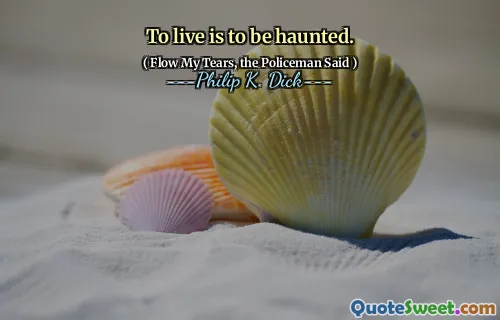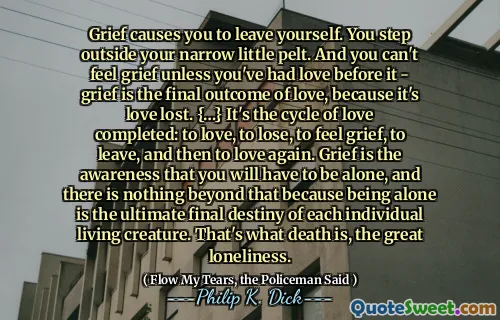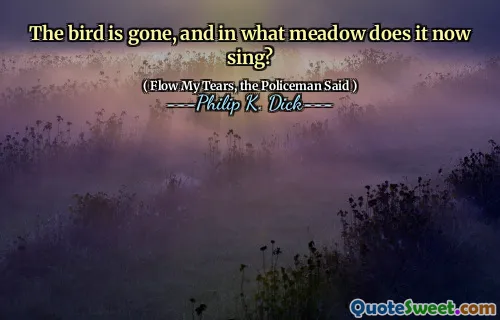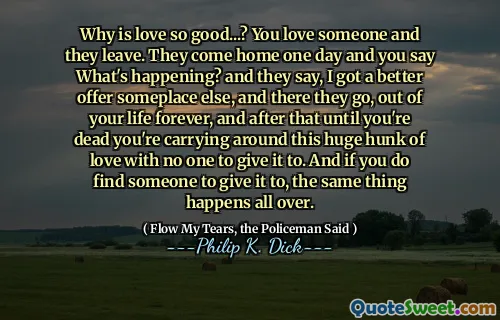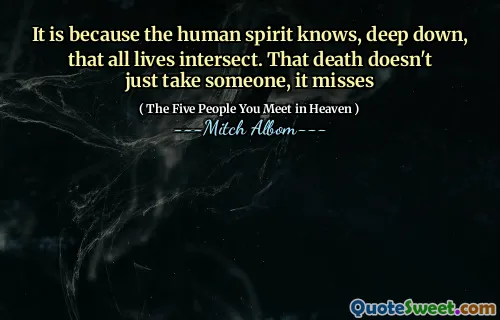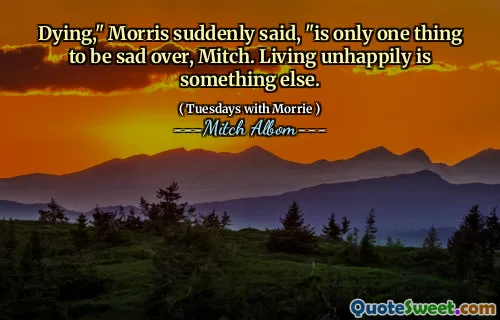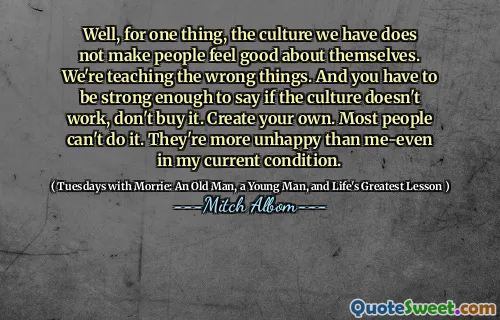
Ruth sagte, Liebe will nicht nur eine andere Person, wie Sie ein Objekt besitzen möchten, das Sie in einem Geschäft sehen. Das ist nur das Verlangen. Sie möchten es in der Nähe haben, mit nach Hause nehmen und irgendwo in der Wohnung wie eine Lampe einrichten. Liebe ist in der Pause und reflektiert einen Vater, der seine Kinder vor einem brennenden Haus rettet, sie rausholt und sich selbst leugnet. Wenn du liebst, hörst du auf, für dich selbst zu leben; Sie leben für eine andere Person.
(Ruth said, Love isn't just wanting another person the way you want to own an object you see in a store. That's just desire. You want to have it around, take it home and set it up somewhere in the apartment like a lamp. Love is-she paused, reflecting-like a father saving his children from a burning house, getting them out and denying himself. When you love you cease to live for yourself; you live for another person.)
Ruth distinguishes between desire and love by highlighting that wanting someone is not the same as genuinely loving them. She compares desire to the urge to possess an object, emphasizing how it limits the connection to a superficial level. This notion of love demands a deeper emotional investment, far beyond mere ownership or attraction.
Furthermore, Ruth illustrates the selfless nature of true love by comparing it to a father's sacrifice for his children. Diese Analogie unterstreicht die Idee, dass authentische Liebe das Wohlergehen einer anderen Person über den eigenen Bedürfnissen priorisieren. Im Wesentlichen verwandelt die Liebe die Existenz und verändert den Fokus von Eigeninteresse zur Fürsorge und Unterstützung anderer.

